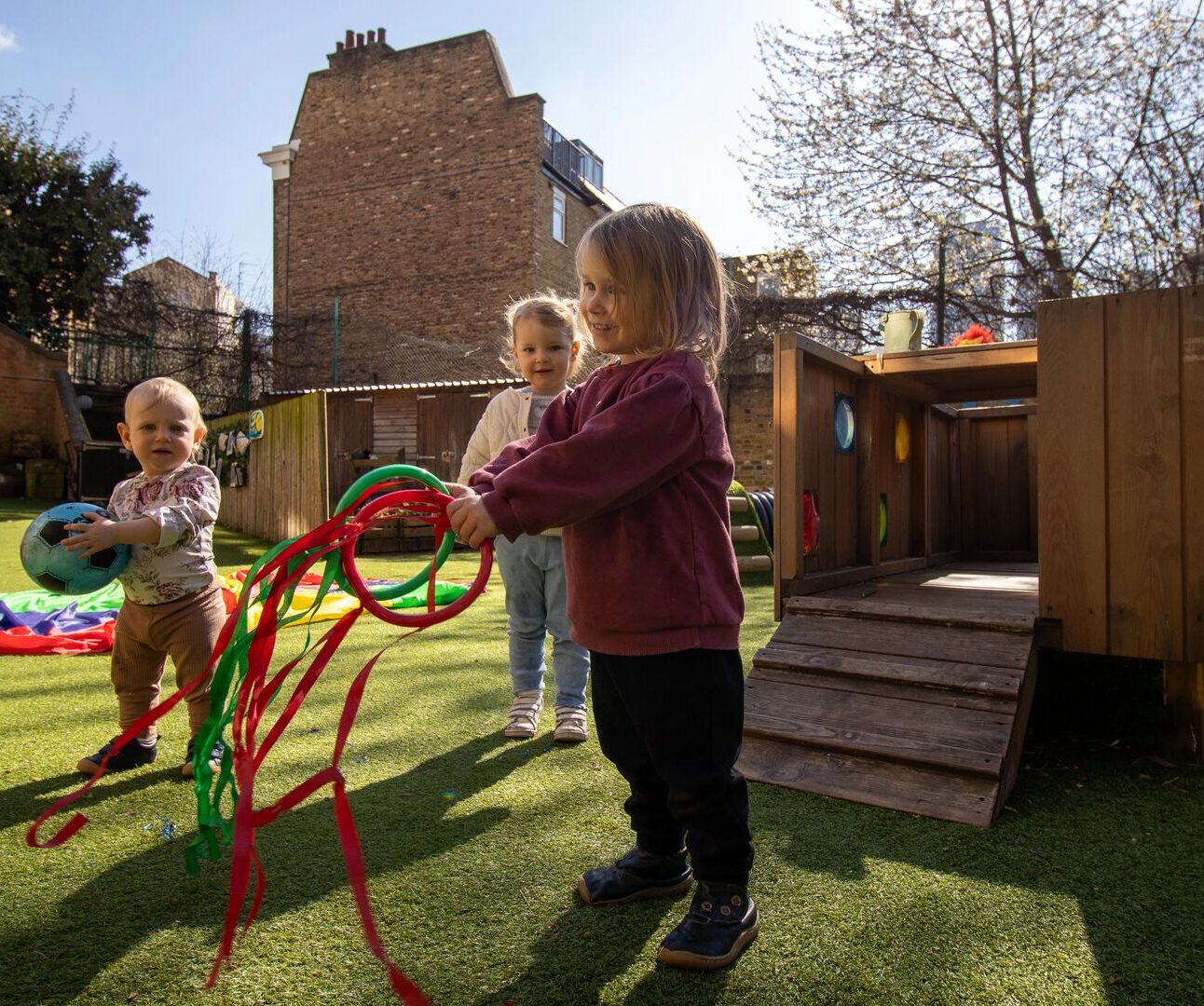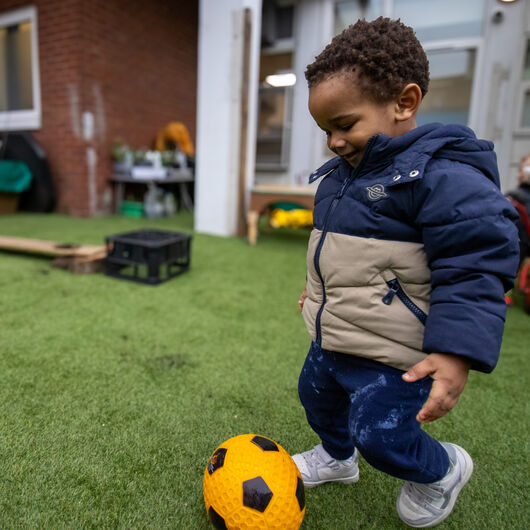
Another Consultation… This time, it’s Space
Just as the ink dries on the Ofsted consultation, up pops another. This time it’s about space, equally important and not to be overlooked. The Department for Education (DfE) has…
November 17th 2016
Last week the US electorate put two fingers up to the neoliberal establishment and voted in Donald Trump to be the next president of the USA. While I, along with many others, watched in silent fascination as this was played out, I was also preparing to meet two politicians who may have a greater say in our world.
On Thursday evening we held the annual Margaret Horn Debate. The subject was a debate about the challenge of childcare in London. We hosted the newly appointed Deputy Mayor for Education and Childcare for London, Joanne McCartney. I was chuffed to have her there as this is the first time that we have a dedicated Mayor for education and childcare, so a pat on the back to Sadiq Khan who has included this in his manifesto. Joanne was joined by colleagues to look at the wider issues including family friendly work spaces, the role of fathers and the huge issue of child poverty in London. Child poverty merits a blog of its own, but clearly childcare has a role to play in reducing it. I am keen that we understand that childcare is part of London’s infrastructure, so the discussion needs to address the cost of affordable housing and transport for staff as well as childcare featuring as part of the city’s economic partnerships.
Joanne has begun a process of listening including organising a roundtable. This is a good start along with accepting the challenge to make London a beacon of excellence. I modestly pointed out that she has a good start as LEYF is the largest provider in London and has the highest number of Outstanding and Good Ofsted results despite the areas within which we work! However, the audience made it clear that patience was limited and the infrastructure of childcare itself such as funding, recruitment and quality improvement needed immediate attention.
Later that week , I met Tulip Siddiq MP who is the newly appointed Shadow Minister for Early Years Education. Clearly Tulip is smart and interested in her brief, particularly as she is a new Mum. She is also launching a Taskforce to look at childcare especially as a lever out of poverty. As a London MP she is also aware of the specifics of London, although of course she has the country wide brief.
As with Joanne, I pointed out the impact of poor policy such as the recruitment crisis on early years education. This highlights inadequate funding but also the inability of politicians to relate the complexity of childcare as infrastructure to the public. The public need to understand the purpose of childcare, the state subsidy, the financial contribution and the power and importance of childcare in evening out the widening disadvantage in Britain today. The Early Years sector has a fundamental role to play in social integration, bridging divides and including the marginalised at a time when the marginalised are increasingly turning to populist solutions (Brexit and Trump).
What does this look like in practice? Social integration is about more than mere words; our children spend time with the elderly, we give youth at risk work experience in our nurseries to give purpose and confidence, our settings get to know their local communities by being present outside of our nursery doors. This creates connections between divided peoples, in turn creates cultural capital and acts as a preventative measure against isolation and the myriad anti-social dangers that come with isolation.
This took me straight to Donald Trump. Here is a man who had connected with the public, so watch this and see how he seduces the audience with promises of tax-reduced childcare including for those stay-at-home mums.
If Trump can teach us one thing, it could be how to influence the public to think the way you think and become your fans. Even when he makes the baby cry, he makes his parents smile. So is there is a lesson here for our politicians?
Get the childcare message right and they might just win the day!!

Just as the ink dries on the Ofsted consultation, up pops another. This time it’s about space, equally important and not to be overlooked. The Department for Education (DfE) has…

How I Learned to Stop Worrying and Love the Kill Switch! This is AI blog number four, and by now I thought I’d be off down the rabbit hole exploring…

Are children deprived of the opportunity to play?… …is not a new question, but one that continues to be tackled on many levels. Greg Bottrill’s book ‘Can…